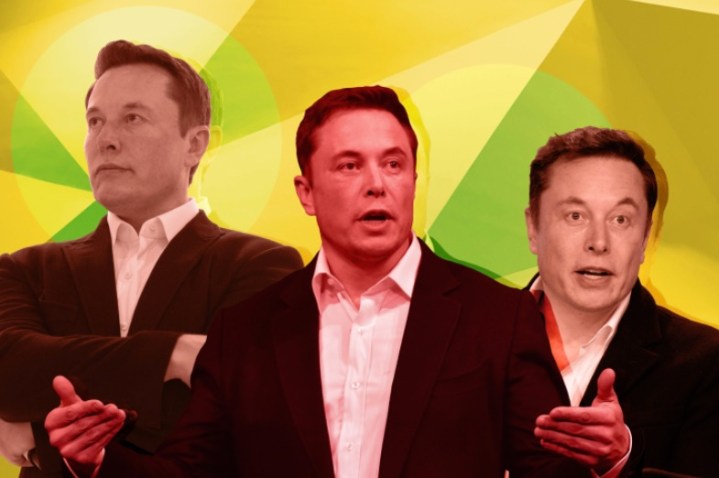If you have a hard enough time holding down one job, then it’s little surprise that Elon Musk’s three high-profile roles cause his days to be “long and complicated.”
Musk, who is currently CEO at Tesla, SpaceX, and until recently at Twitter, offered some insight into his busy schedule during an interview at The Wall Street Journal’s CEO Council Summit on Tuesday.

“My days are very long and complicated, as you might imagine,” Musk said in comments reported by CNBC, adding that “there’s a great deal of context switching … switching context is quite painful.”
The billionaire entrepreneur, who also somehow finds time to regularly tweet to his 141 million Twitter followers, said he tries to manage his schedule so that it’s “predominantly one company on one day.” At least, that’s the aim.
Elaborating, he said Tuesday was working out to be “a Tesla day,” but added that he could “end up at Twitter late tonight, and then tomorrow would be partly a Tesla day as well, half Twitter, and then Thursday would be sort of a half-SpaceX, half-Tesla day.” So, yes, one day for one company clearly doesn’t always work out.
Stating what appeared to be the blindingly obvious, the master juggler said his roles were “somewhat intertwined,” and confirmed that, for him, “time management is extremely difficult.”
He said he has a part-time assistant to help him manage his schedule though he mostly organizes it by himself, with his head hitting the pillow at around 2 a.m. most nights.
Of course, it’s Musk’s own choice to remain as CEO at Tesla and SpaceX, just as it was his decision to get involved with Twitter, which he acquired for $44 billion in October. He also ran the show there until very recently when he appointed Linda Yaccarino as the company’s new CEO, a move that might give him back a couple of hours each day.
And when he’s not running companies, Musk’s busy mind is usually thinking up new ones like The Boring Company, a business he founded in 2016 aimed at creating high-speed underground transportation systems, and Neuralink, which he co-founded in 2016 to develop implantable brain-computer interfaces.
A year before that, Musk also co-founded OpenAI, the much-discussed generative AI startup that made its name with the ChatGPT chatbot. Musk isn’t involved with OpenAI anymore, so, with all of the hype surrounding AI at the moment, don’t be surprised if he launches yet another business in the same sector, even if it means spending a little less time on his other projects.


